Poetry
Poems for Representing Refuge: The Role of the Arts in Mass Displacement
Cameron Holleran (Poet-in-Residence at the Institute for Global Prosperity, UCL) composed two poems for the RELIEF Centre event, Representing Refuge: The Role of the Arts in Mass Displacement, on Thursday 7th June 2018. These were performed as interactive poetry performances, midway through the event. Cameron delivered them without introduction, from the audience. The second performance involved audience participation through call and response.
Below, they describe the inspiration behind these poems and the choice to deliver them in this way.
"In surprising the audience by performing unannounced, I hope to get them to feel a sense of unease and to embody the tensions that I address in the poems. I am the sudden arrival. The unexpected guest, demanding attention. I want my audience to re-evaluate their role as an audience, they have to move (and possibly inconvenience themselves) to see me, I’ve not put myself in a place where everyone can see or hear me because art doesn’t need to be convenient."
No Dogs Part One: Ireland
"This part of a much longer poem came about as a result of spending time with my Nana, Irish by birth, and learning about my recent family history. She was one of 15, though 2 of her siblings never reached adulthood. She moved to the UK due to lack of opportunity in Ireland when she was 13 years old, where she was immediately put to work as a cleaner in a Jewish household. Eventually, her entire family would move to the UK and largely assimilated, with some adopting Anglicised versions of their names. Seamus, known as Shem to the family, became James, known as Jim to his friend. They had mostly had the language beaten out of them by the time they moved anyway, to the point where none of them can speak Irish beyond a few words. In this, I’m trying to grapple with my own sense of self and working out my place in the world, through the lens of my Nana’s experience."
We are mostly bark
"With the call-and-response, I want the audience to be involved in the poem. By getting the audience to ask a question, and to have each person engage their voice makes them think about the words they are saying, more than they would think about it if I simply read the refrain myself. It hopefully will hook them in and keep them invested in the answer that I give. The poem itself is fairly straightforward, I answer their demands with an incredibly brief history of the UK – it’s not going to win over those deeply entrenched in their bigotry but the combination of audience participation and my words might make the bystander rethink the role they want to play."
We are mostly bark
London is a tree stump, dated by concentric rings of new arrivals. Who came before?
Their teeth, lips and tongue touched this land. Named it. Boroughs, hams, towns – the Anglo-Saxon bite; cities and chesters of centurions, Viking York. Who came before?
Darkness through London’s heart, Thames to a Breton, as sludgy then as now. Who came before?
Iberians, with beakers. Who came before?
Hunters. Settlers. They exterminated the last truly English lion 16,000 years ago. Who came before?
Sorties, of sorts. Assorted tribes, pockets of people pushed north, but not that north, by something. Moving across a Channel which wasn’t there. Who came before?
No-one human. No-one who matters. Who came before?
Treading in this same spot of ocean before Pangaea split, I ask the fish. None drowned to get here. None mention wet.
No Dogs Part One: Ireland
At twenty six, I can’t imagine moving off this island. Not down to some stumbling sense of pride, cultivated like weeds that cling to crumbling concrete by the roadside showing no desire to be uprooted but because I am afraid.
If that had been enough to scare you, why, I wouldn’t be here.
Leaving a home marked with bullets shot by British men took courage. Each bullet was a mouth: Everything you touch and everything you see. It all belongs to me. You walked the length of their trajectory in the hope you’d find belonging. Packed light and left belongings underneath your bed, never knowing when you’d see them next, if you’d ever feel the weight of those bullet holes again. Your da spent every second Sunday working on the bullet holes with pliers but they never budged. Once, when you knew the house was empty which, with fourteen siblings, was rarer than a cancelled Mass, you tried to pull it out with the gap in your front teeth.
Your tongue, running in between your teeth, seeks out tiny specks of concrete. The bullet holes would still be there, even if the wall had crumbled into dust, the dust long swept away and the wall stood only in your memory. It fades away, like so much you left behind, the tongue that now can only count to ten,
ALEPPO: CANON LENS 18-300 MM
By Dr Fouad M. Fouad
Ghazal for the newest refugees in Lebanon
by Cameron Holleran





